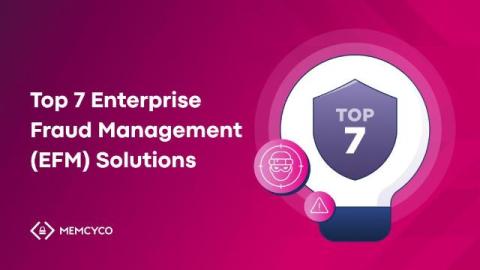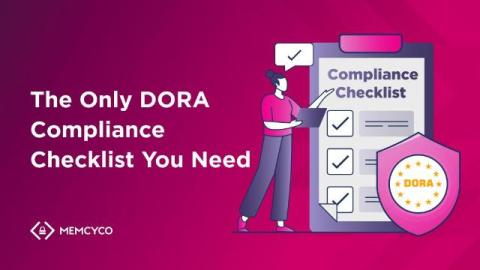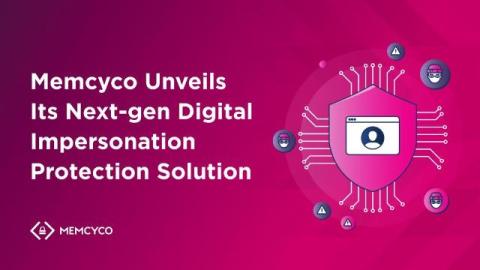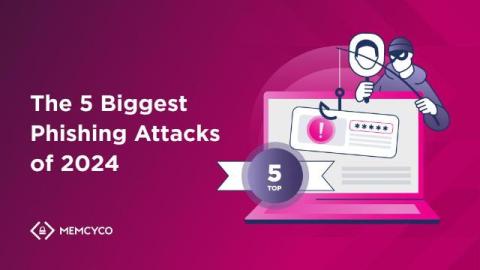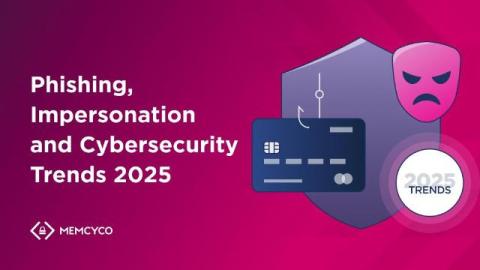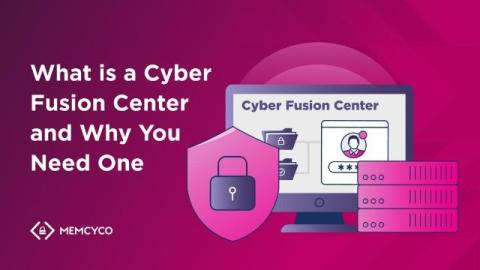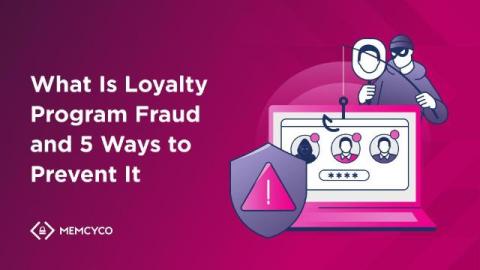Top 7 Enterprise Fraud Management (EFM) Solutions
Today, fraud schemes don’t follow predictable patterns. Enterprises are up against AI-generated deepfake attacks, multi-stage social engineering, and impersonation scams that exploit gaps in traditional fraud prevention strategies. And they know it. According to PwC, 59% of enterprises completed a fraud risk assessment in the 12 months prior to June 2024, showing they take fraud protection seriously. But beyond knowing your risks, there’s a need for better ways to tackle and mitigate them.


